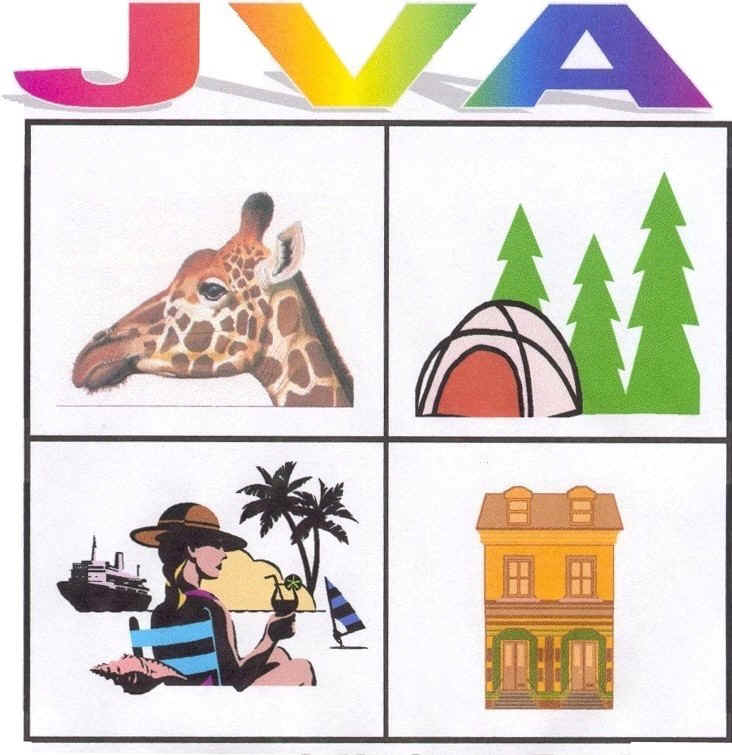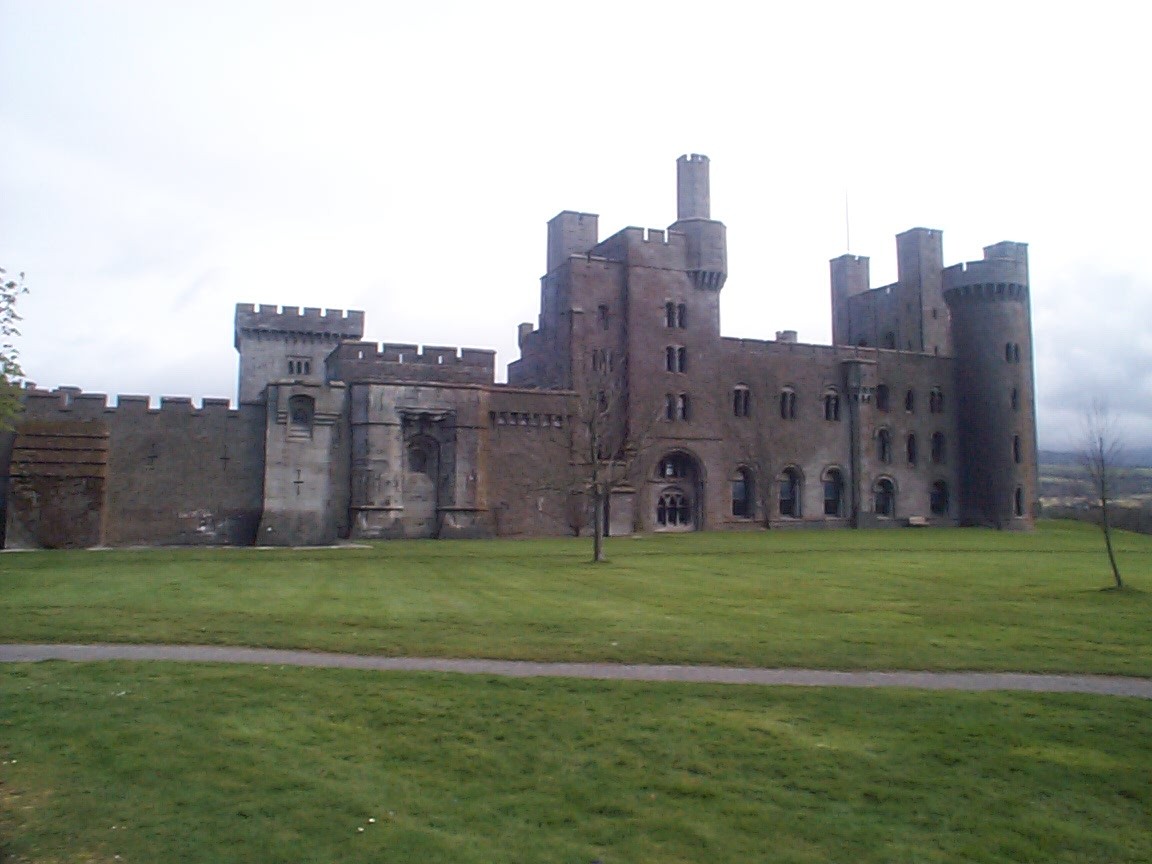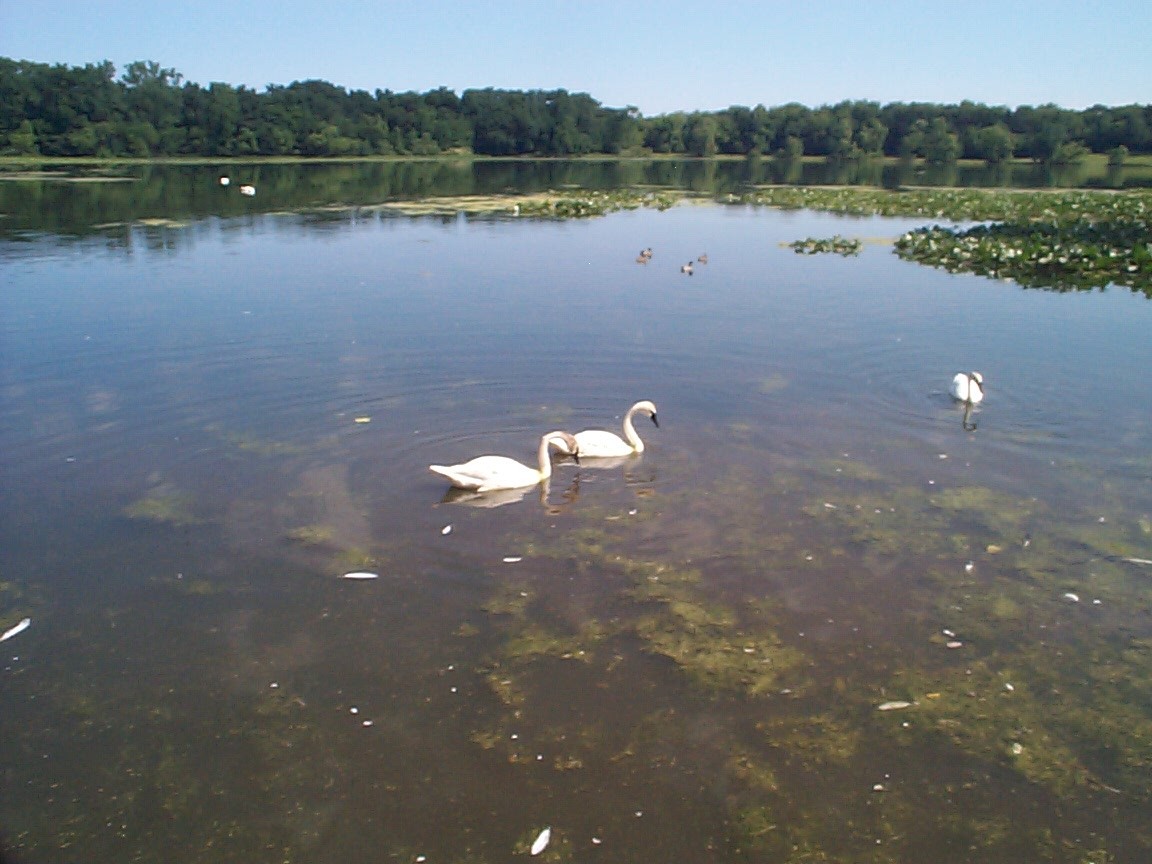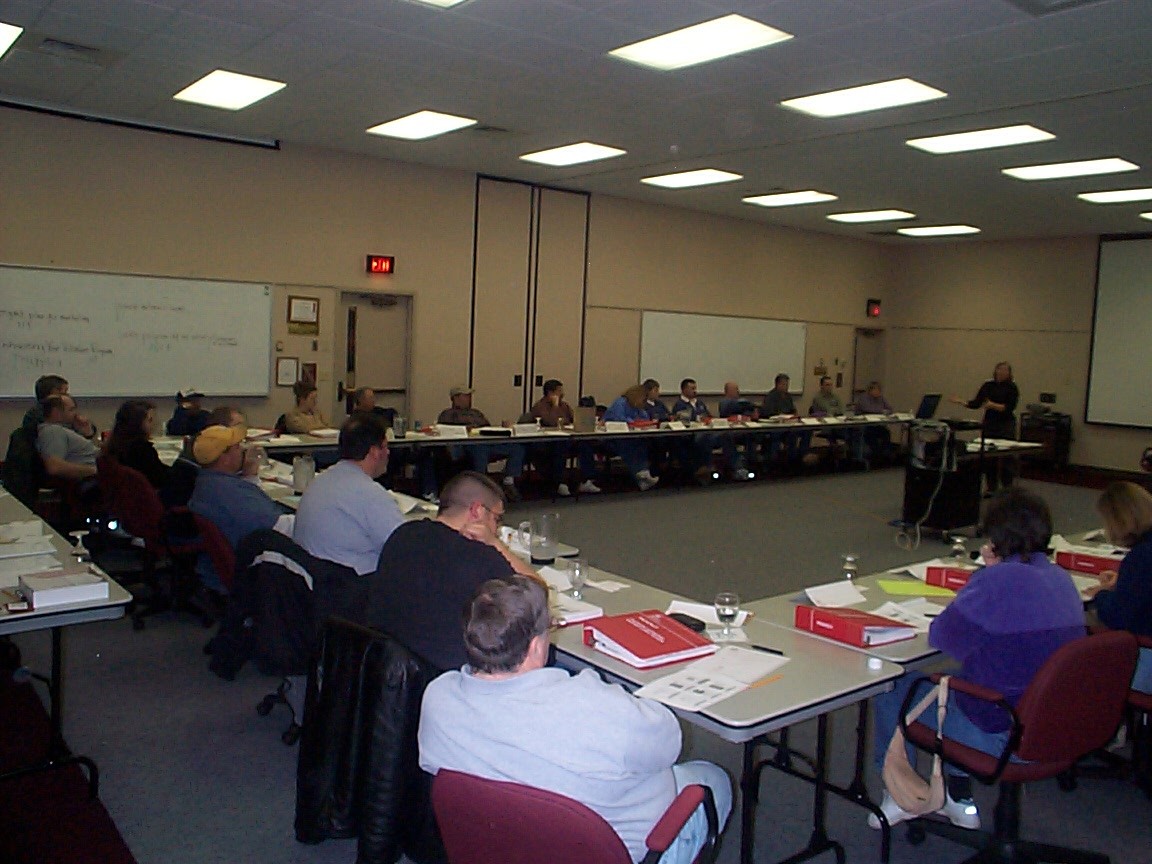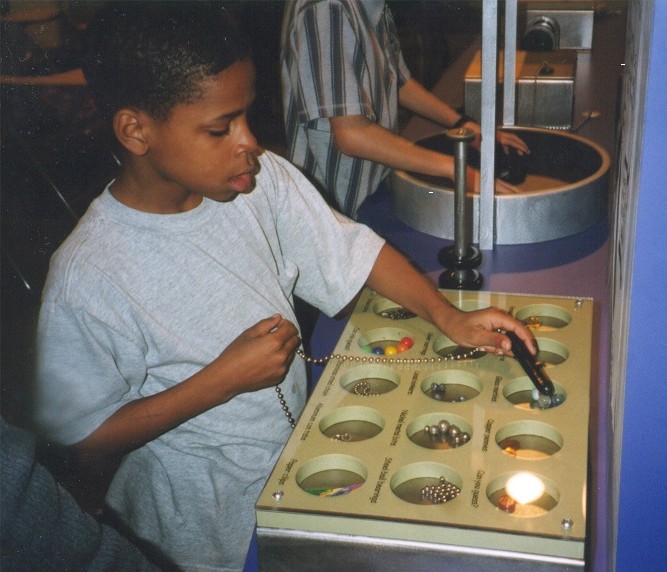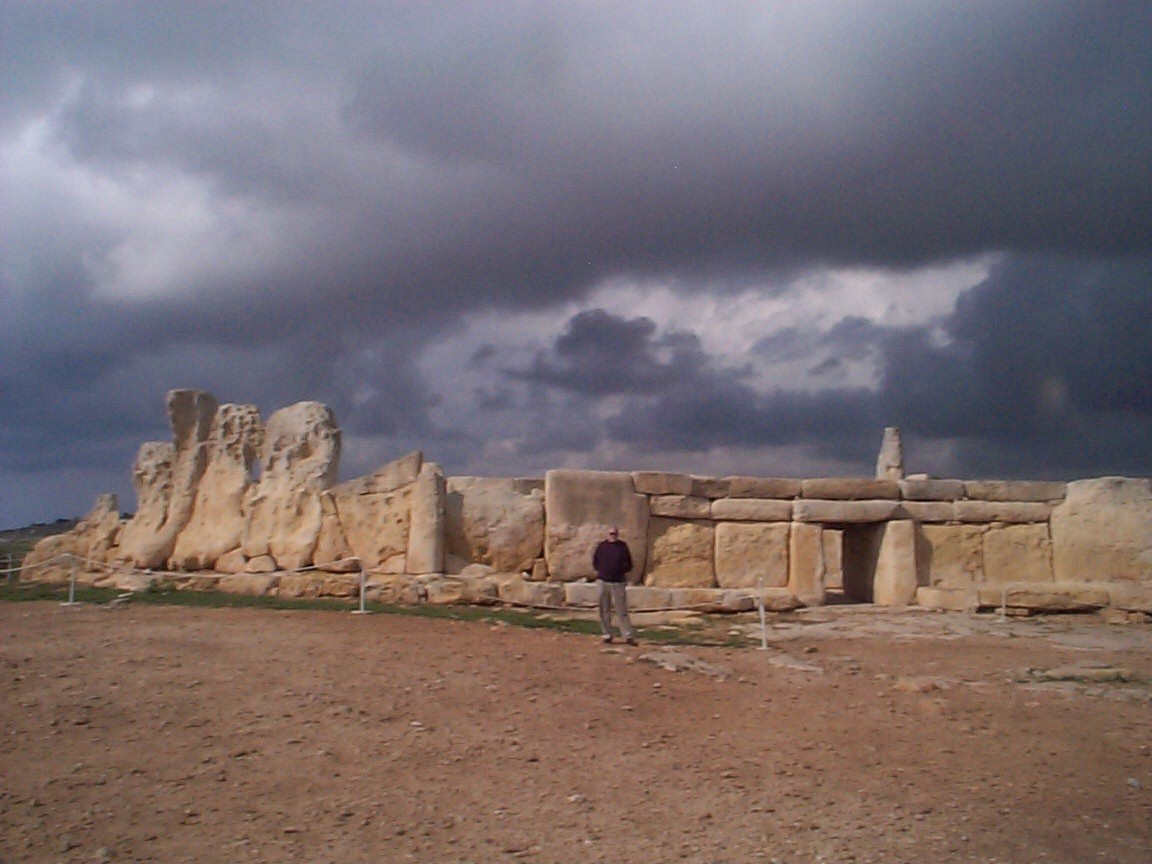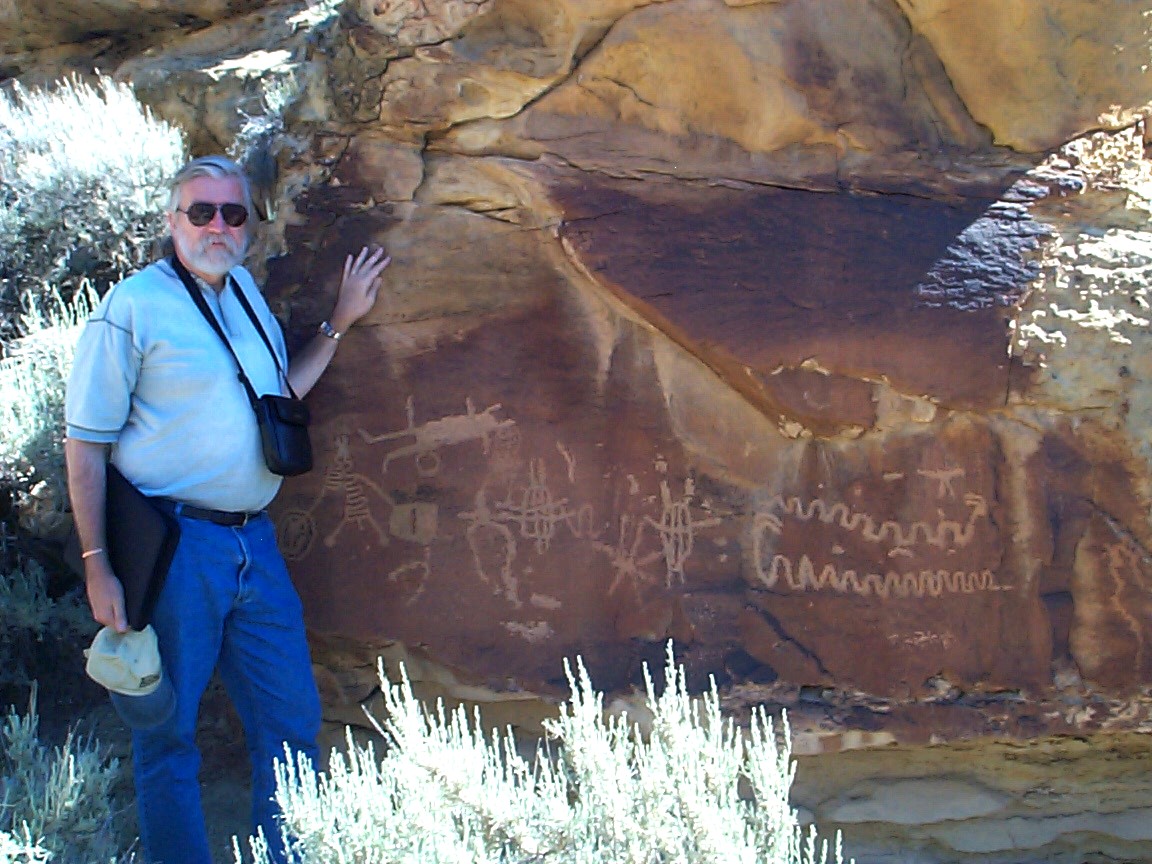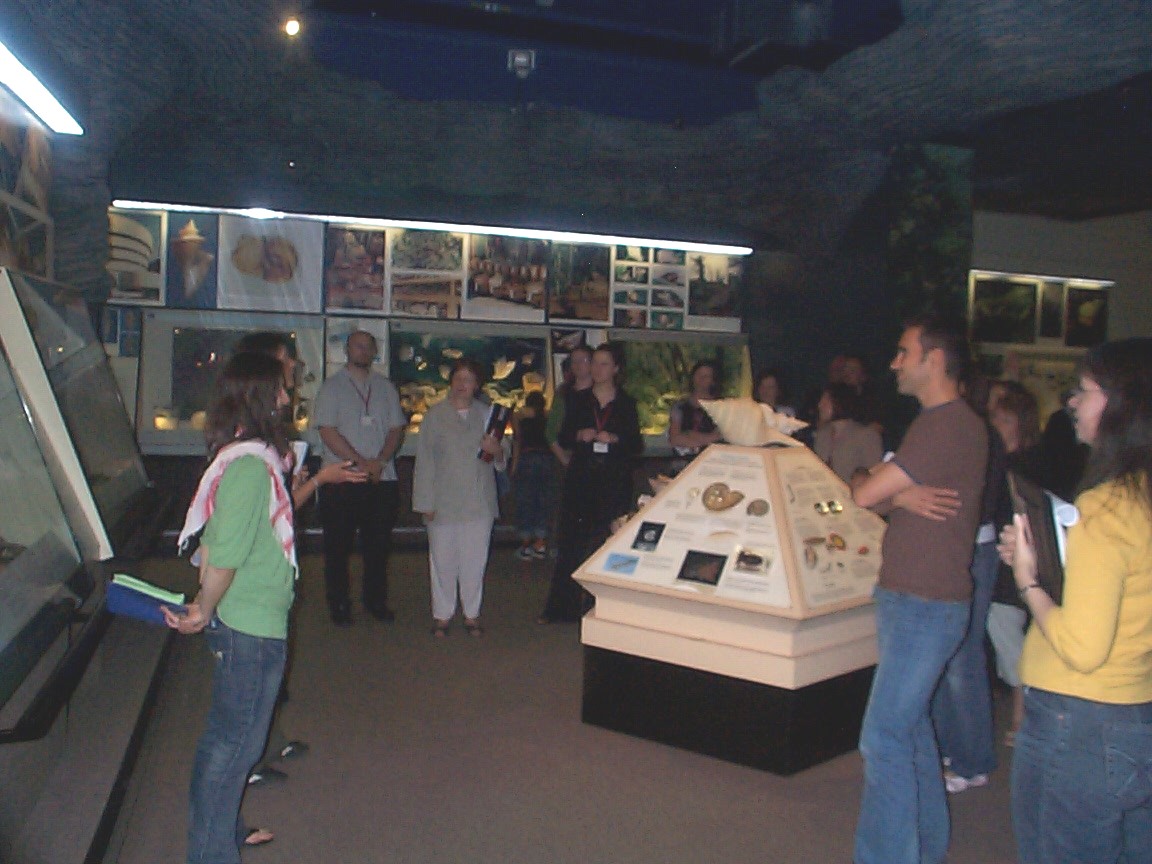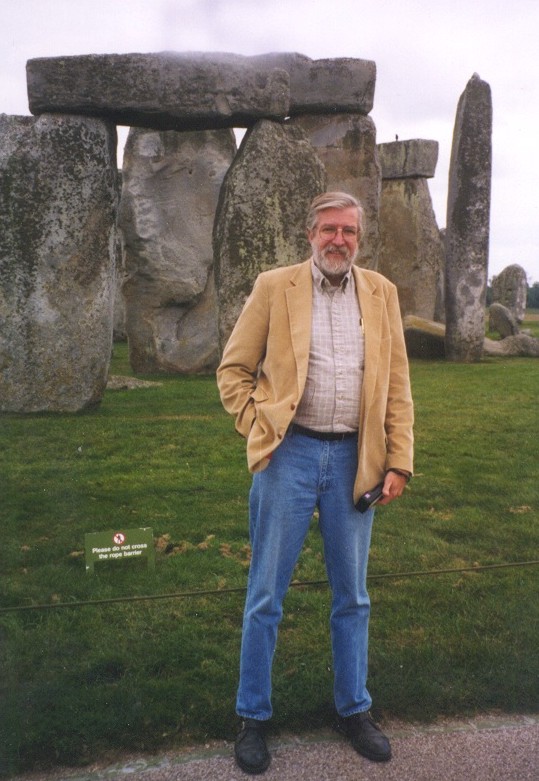
John A. Veverka
Qualifications
So what qualifies a person to be a "consultant" in interpretation anyway?
That's a fair question. So here's some of my early background and training
highlights in interpretation to address that important question of "Qualifications
and Credentials" to be a consultant.
BS degree from The Ohio State University - Majoring
in Interpretation. While I was working on my first degree in
interpretation, I was also working on the staff of the Ohio State University Museum of
Zoology as a lab tech (school year), then working summers as an Ohio State Park
Interpretive Naturalist, managing an interpretive center, conducting guided
walks, evening programs, special events, and more. Spent four summers learning if
the stuff they were teaching me about interp. in the classroom really could transfer to my
programs and audiences in the "real world". Also volunteered at the Ohio
Historical Society as an interpreter in their discovery center. That was 1972-1976.
While I was at Ohio State, my senior year and before Grad School, I was
Project Coordinator/editor and co-author of the VERY FIRST interpretive
master planning text book: Malabar Farm: An Interpretive
Planning Process (The Ohio State University Press, 1978). This
was the text book I used for teaching the Interpretive Planning Course and used at OSU for
many years after - it is now out of print.
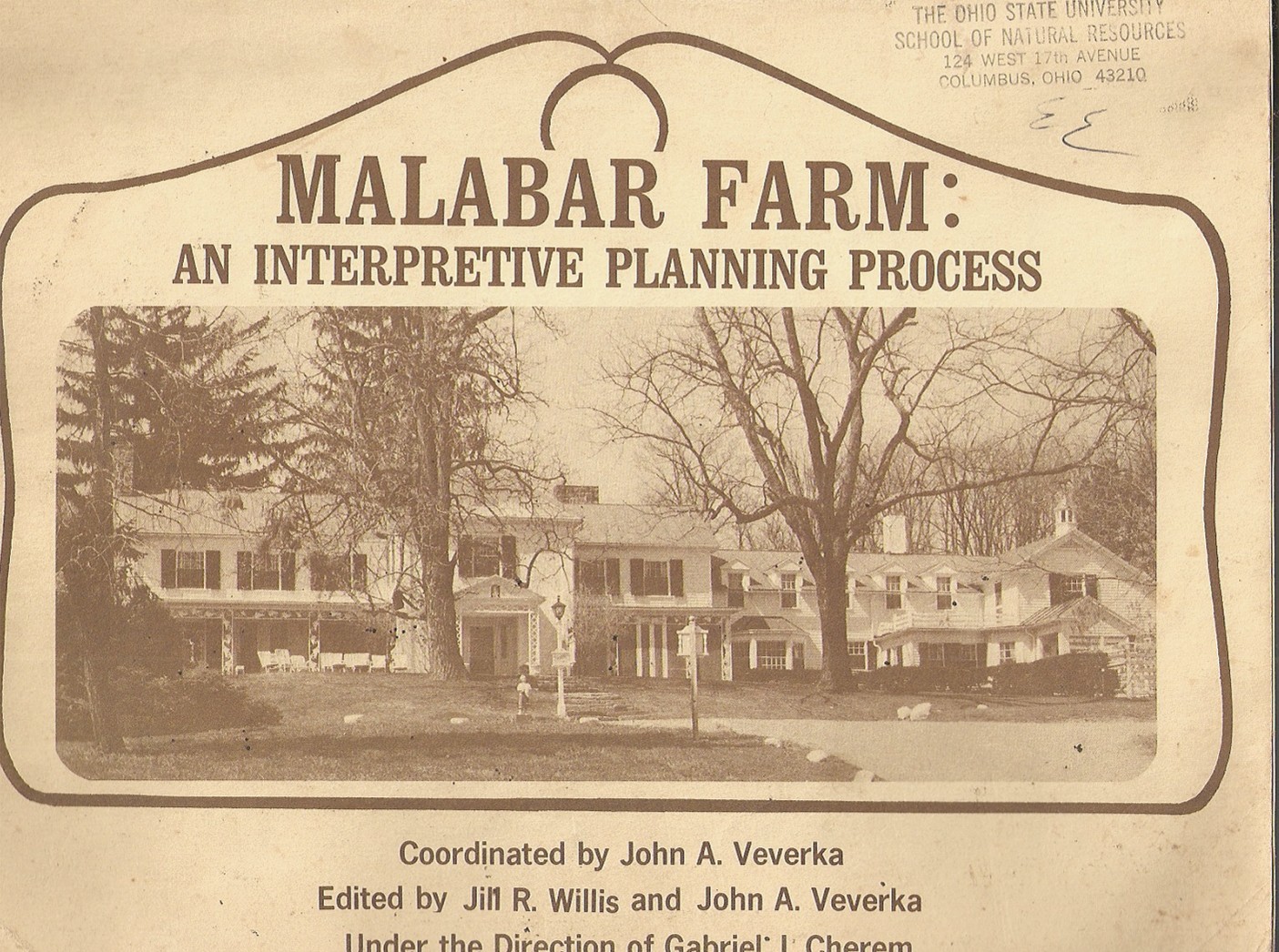
After my B.S. degree I went on for my MS degree from The Ohio
State University - Majoring in Interpretation (Interpretive
Planning focus) with minors in: Recreational Learning Theory, Heritage Tourism
Development and Heritage Marketing. MS Thesis: Visitor Motivations for Selecting
and Attending Interpretive Programs. Also taught the advanced interpretation course "Interpretive
Master Planning" at OSU as I mentioned earlier. This was 1977-1979.
My first real chance at teaching interpretation at a University Level.
After graduation I was recruited to go to Alberta Provincial Parks
as an Interpretive Planning Consultant (1978-1980) to provide the
initial interpretive plans for Dinosaur Provincial Park and Head-Smashed-In
Buffalo Jump Provincial Park - two World Heritage Sites. Worked
on some smaller interpretive projects too, and began to do some interpretive consulting
for a wide variety of Alberta heritage sites, including the Calgary Zoo, Fort Calgary, the
Glenbow Institute and others, including interpretive training for seasonal and full time
interpretive staff.
When my Visa for working in Canada ran out I was recruited to go to Michigan
State University in their PhD Program, majoring in Interpretive Services,
minors in consumer psychology and marketing survey research strategies. I had the
pleasure of teaching the introductory and advanced courses in Interpretation - Department
of Parks and Recreation - from 1980 to 1984 and worked on my skills in teaching what
I was doing and doing, as a consultant, what I was teaching. An important combination, as
well as gaining a high level of knowledge about interpretation theory and research. (Note:
I am currently an Associate Editor for the Journal of
Interpretation.)
Based on years of professional interpretation training, and years of doing
interpretive consulting projects I authored the Text Book "Interpretive
Master Planning" - now in its 2nd printing - published by Acorn
Naturalists, in 1994 - used world-wide for teaching interpretation and interpretive
planning courses, as well as used by interpreters as a reference guide.
There has been a lot of other experience in there too, and these were just
the early years. The past thirty years of seeing if "interpretive theory"
worked when applied to the field/real world was and is the real learning experience
- and I'm still learning too. Thirty + years of doing and teaching interpretation.
And the passion is still there. And now instead of just reading about
interpretive theory, we are creating it, changing it, sharpening it and challenging it.
It
wasn't until I had these years of experience in both teaching interpretation, doing
interpretation and writing/publishing articles about interpretation that I felt justified
and confident enough to call myself an interpretive
consultant.
So that's where I learned how to do interpretation (and how to teach it)
in the first place. Hundreds of projects and training courses later I am still
learning, inventing, and making our services better each year. My firm's
professional goal is to " Continually set the standards" for
interpretive planning and training quality, content and depth. Our world-wide
projects demand it and my courses teach it.
After over 30 years of teaching and "doing" interpretation I think
that we can call ourselves "experts" in interpretation. What does that
mean - expert? Click here for my
definition of an "expert in interpretive planning or training".
We are one of the only interpretive consulting firms offering
interpretive planning, training and design services who are staffed by "professionally
trained" interpreters, blending a strong academic background in
interpretation with extensive field experience "doing" interpretation.
I am currently a part time lecturer at Snowdonia National Park Training Center -Wales teaching two interpretation courses a year at the training center.
I was also a part time instructor for the West Georgia State University Heritage
Tourism Institute teaching
a variety of heritage interpretation and tourism courses (2002 - 2005).
I have spent 30 years as an interpretive planner, consultant and
trainer, with clients in the USA, Canada, England, Scotland, Wales, Northern Ireland,
Korea, Spain, Malta and Mexico. With our new England Office, we now have projects in
South America, Finland, and expanding throughout Europe.
I am also a National Association for Interpretation:
Certified Interpretive Planner.
Certified Interpretive Trainer
and a Certified Professional
Heritage Interpreter - CANADA (This is a National
certification awarded by the Canadian Tourism Human Resource Counsil).
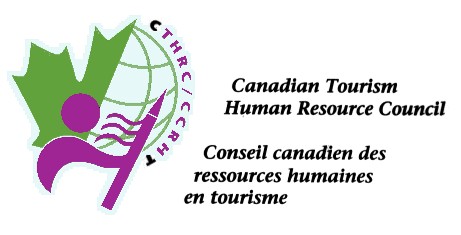
Professional memberships:
The National Association for Interpretation (founding
member).
Interpretation Canada
Interpretation Australia Assoc. Inc.
Heritage Interpretation International
Association for Heritage Interpretation (Fellow).
Qualifications are important for any
"consultant" you might select. I hope mine help you feel that when JVA
does a project for you - it is interpretation at its very best ! And now you know
why.

